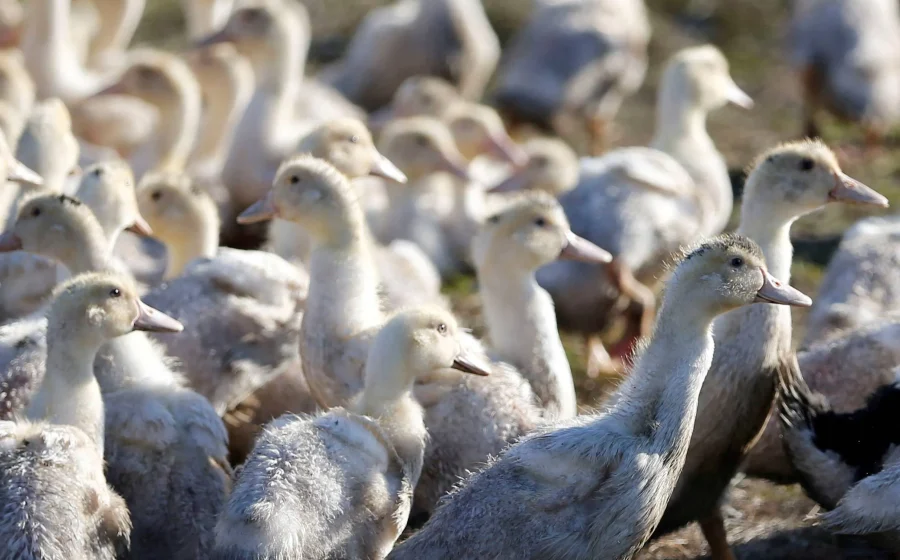The World Health Organisation warned on Wednesday that the surge in bird flu outbreaks among mammals could help the virus spread more easily among humans.
Since late 2021, Europe has been gripped by its worst-ever outbreak of bird flu, while North and South America have also experienced severe outbreaks. This has led to the culling of tens of millions of poultry worldwide, many with the H5N1 strain of the virus, which first emerged in 1996.
“Avian influenza viruses normally spread among birds, but the increasing number of H5N1 avian influenza detections among mammals — which are biologically closer to humans than birds are — raises concern that the virus might adapt to infect humans more easily,” the WHO said in a statement.
“In addition, some mammals may act as mixing vessels for influenza viruses, leading to the emergence of new viruses that could be more harmful to animals and humans.”
The current bird flu outbreaks have caused “devastation” in animals, the UN health agency said, including poultry and wild birds, along with some mammals, and had harmed farmers’ liveli-hoods and the food trade.
“Although largely affecting animals, these out-breaks pose ongoing risks to humans,” it said. The WHO, along with the UN’s Food and Agriculture Organisation (FAO) and the World Organisation for Animal Health (WOAH), urged countries to work together to save animals and protect people.—AFP










